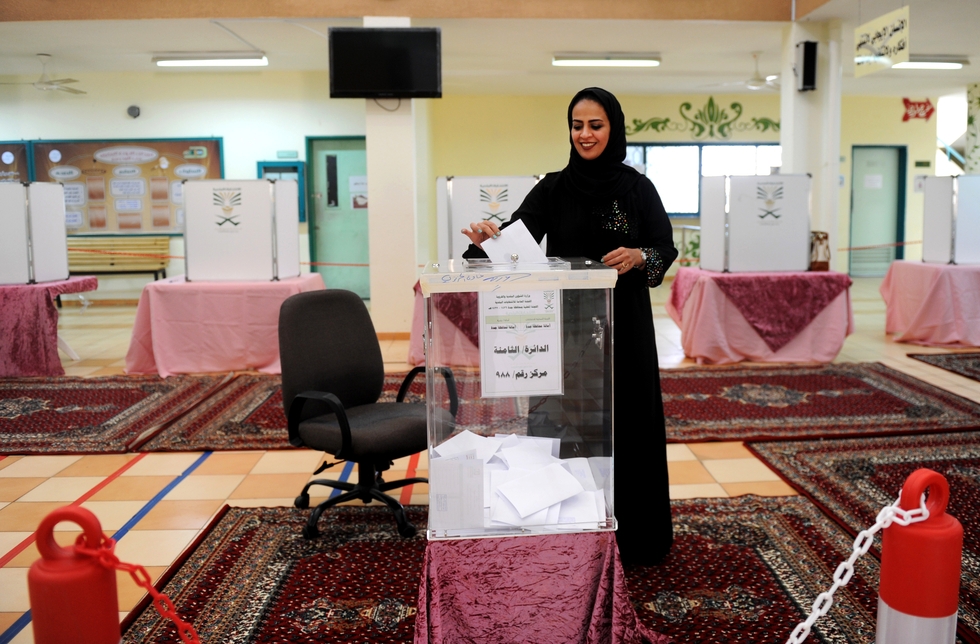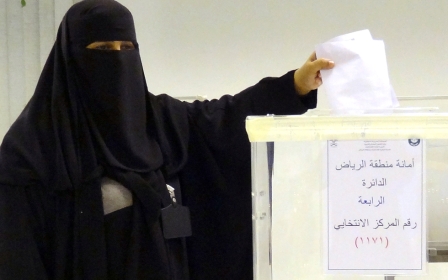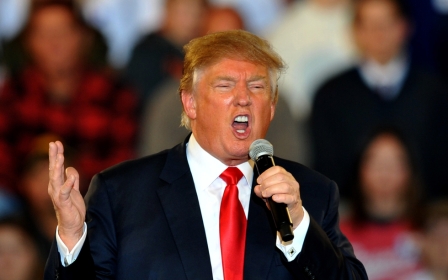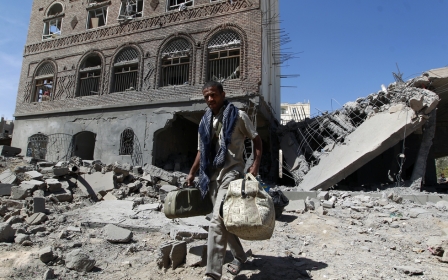Women win first council seats in historic Saudi polls

At least 14 women won municipal council seats in Saudi Arabia's first ever election open to female voters and candidates, officials said Sunday, in a milestone for the ultra-conservative Muslim kingdom.
"Even if it was only one woman, we're really proud of that. Honestly, we weren't expecting anyone to win," said Sahar Hassan Nasief, a women's rights activist in the Red Sea city of Jeddah.
The turnout of women in Saudi Arabia's first election open to female voters and candidates was nearly 80 percent in places, according to data analysed on Sunday by AFP.
That figure compared with about 50 percent of registered male voters in the regions examined.
Overall turnout in Saturday's municipal polls throughout the Gulf kingdom was 47.4 percent, with a total of 702,542 voters, Municipal and Rural Affairs Minister Abdullatif bin Abdulmalik al-Shaikh said.
But with 2,106 seats up for election, the 13 women will comprise less than one percent of Saudi Arabia's elected council membership.
Salma bint Hizab al-Oteibi was elected to a council in the holy city of Mecca, the official SPA news agency reported, citing election commission president Osama al-Bar.
She ran against seven men and two women in Saturday's ballot, he added.
A second woman, Hanouf bint Mufrih bin Ayid al-Hazmi, won in the northwestern region of Jawf, SPA said.
In the kingdom's east, Sanna Abdel Latif Hamam and Maasooma Abdel Mohsen al-Rida were elected in Ihsa province, it added.
At least three women in the capital Riyadh won council seats, according to a Saudi news channel, Al-Ekhbaria.
Their duties on municipal councils will be limited to local affairs including responsibility for streets, public gardens and rubbish collection.
Saudi Arabia is an absolute monarchy with some of the world's tightest restrictions on women, including a ban on driving.
It was the last country to allow only men to vote, and polling stations were segregated during the ballot.
Among the 6,440 candidates running for seats on 284 councils figured more than 900 women.
They had to overcame a number of obstacles to participate in the landmark poll.
Female candidates could not meet face-to-face with male voters during campaigning, while neither men nor women could publish their pictures.
Women voters said registration was hindered by factors including bureaucratic obstacles and a lack of transportation.
As a result, women accounted for less than 10 percent of registered voters.
According to election commission data, nearly 1.5 million people aged 18 and over were registered for the polls.
This included about 119,000 women, out of a total native Saudi population of almost 21 million.
At least one part of the country reported a female turnout exceeding 80 percent, according to official data.
In the mountainous Baha region, in the kingdom's southwest, 946 women voted, according to the local election commission cited by SPA.
With 1,146 women registered, that translated into an 82.5 percent turnout, data showed.
Baha's overall turnout for men and women combined was 51.5 percent, SPA said.
Female candidates expressed pride in running, even if they didn't think they would win, while women voters, some of them tearful, said they were happy at finally being able to do something they had only seen on television or in movies.
Nassima al-Sadah, an activist in the eastern city of Qatif, said the voting process itself took place relatively smoothly, unlike the registration.
Many female candidates used social media to help their cause, but a handful of others, including women's rights activists, were disqualified from campaigning.
Oil-rich Saudi Arabia boasts modern infrastructure of highways, skyscrapers and ever-more shopping malls.
But women still require permission from male family members to travel, work or marry.
Ruled by the Al-Saud family of King Salman, Saudi Arabia has no elected legislature and faces intense Western scrutiny of its rights record.
A slow expansion of women's rights began under Salman's predecessor Abdullah who announced four years ago that women would take part in the 2015 municipal elections.
Men have voted since 2005 in elections for municipal councils, a third of whose seats are appointed.
Middle East Eye propose une couverture et une analyse indépendantes et incomparables du Moyen-Orient, de l’Afrique du Nord et d’autres régions du monde. Pour en savoir plus sur la reprise de ce contenu et les frais qui s’appliquent, veuillez remplir ce formulaire [en anglais]. Pour en savoir plus sur MEE, cliquez ici [en anglais].




